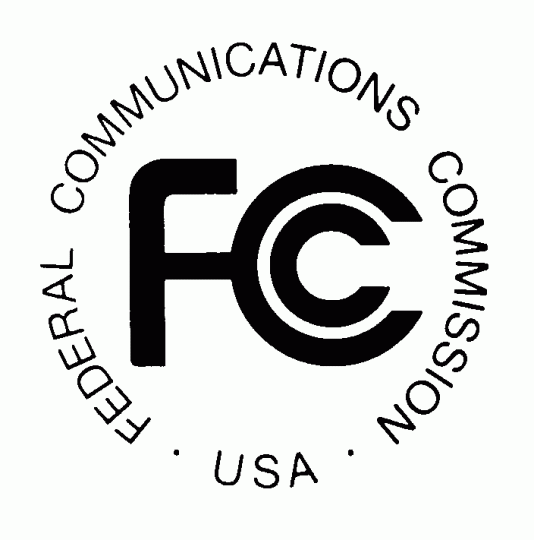
In a move we knew was just around the corner, the FCC and US carriers have agreed on guidelines for unlocking devices. The changes are voluntary, and give consumers a better concept of their rights, moving forward. These guidelines could be considered a loophole for both consumers and carriers on a previous ruling regarding unlocking our phones by the Library of Congress.
While the upside is notably huge, one of the more interesting tidbits is that carriers must now allow military personnel the ability to unlock at will when being deployed, so long as they show the proper paperwork. As for the rest of us, we will get a clear and concise picture on just what our rights are, and what we can and can’t do — and when. The six provisions, as laid out by the FCC and agreed to by carriers:
- Disclosure: Each carrier will post on its website its clear, concise, and readily accessible policy on postpaid and prepaid mobile wireless device unlocking.
- Postpaid unlocking policy. Carriers, upon request, will unlock mobile wireless devices or provide the necessary information to unlock their devices for their customers and former customers in good standing and individual owners of eligible devices after the fulfillment of the applicable postpaid service contract, device financing plan or payment of an applicable early termination fee.
- Prepaid unlocking policy. Carriers, upon request, will unlock prepaid mobile wireless devices no later than one year after initial activation, consistent with reasonable time, payment, or usage requirements.
- Notice. Carriers that lock devices will clearly notify customers that their devices are eligible for unlocking at the time when their devices are eligible for unlocking or automatically unlock devices remotely when devices are eligible for unlocking, without additional fee. Carriers reserve the right to charge non-customers/non-former customers a reasonable fee for unlocking requests. Notice to prepaid customers may occur at point of sale, at the time of eligibility, or through a clear and concise statement of the policy on the carrier’s website.
- Response time. Within two business days after receiving a request, carriers will unlock eligible mobile wireless devices or initiate a request of the OEM to unlock the eligible device, or provide an explanation of why the device does not qualify for unlocking, or why the carrier reasonably needs additional time to process the request.
- Deployed personnel unlocking policy. Carriers will unlock mobile wireless devices for deployed military personnel who are customers in good standing upon provision of deployment papers. Consumers will have access to clear, concise, and readily available policies about unlocking their devices.
In a nutshell, once your contract is fulfilled — either by naturally sticking it out or paying the ETF/opt-out cost — you can unlock your device. If you cannot unlock it, the carrier must help you to do so. Current customers will not be charged, but those who bring a device in and are not customers may be charged a fee for unlocking a device. Prepaid customers may have the ability to unlock immediately, and it seems as though the notification could occur at the point of sale for those devices.
Additionally, we have a clear understanding of the policy via the website of each carrier. At the end of the day, the FCC and carriers have agreed that once a phone is yours, it’s yours. After you have met your agreed upon obligation to a carrier — if there was one — you can do as you please with your device. The carrier, of course, observes the right to disallow service on an unlocked device with customizations they can’t account for, but that’s part of ownership.










When do these go into effect?
Prepaid subscribers have to wait a year? I wonder what the justification
is for this. I, for one, purchased an AT&T S4 at full price
and should be able to unlock it on the day I buy the phone at retail
price. The new agreement does not reflect this option.
The problem is that phone manufacturers generally do not provide an unlocked model
similar to the one sold by carriers. Case in point – Samsung Galaxy Note
3. AT&T’s phone works, among other bands, in the 700 MHz band.
The available unlocked LTE version does not work in the 700 MHz band. Why
should that be the case? Why shouldn’t I be able to purchase an unlocked
model similar to the one sold by AT&T and, if I wanted, use it on
AT&T’s network as a prepaid subscriber? It seems like carriers want
to have a lock (pun intended!) on the phones they sell so that customers
who want to use their service (prepaid or postpaid) HAVE to buy the phone from
them for full functionality.
As subsidies on the phones are phased out, carriers should not be able to dictate to customers
where they buy their phones. Further, they should sell
full-price-paying customers unlocked phones or provide unlock codes for
them. And, finally, phone manufacturers should follow Apple’s example
(the iPhone 5s) and make phones that can work on multiple carriers’ networks.
The agreement ratified between carriers and the FCC is, in some instances, worse that what
carriers are currently doing. Why the parties regressed to a
situation worse than the one that currently exists makes little sense.